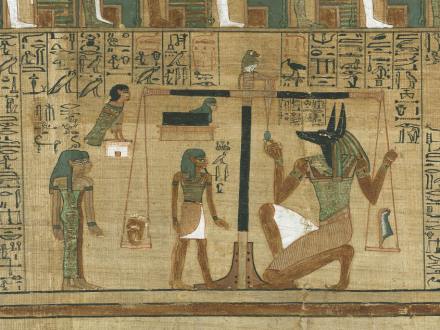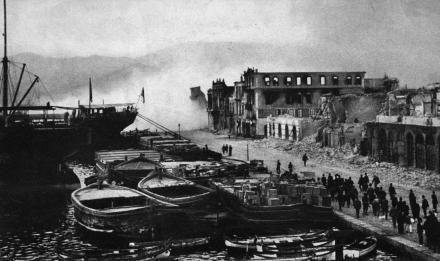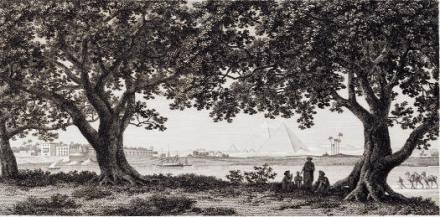Life on the Nile?
The risks of the status quo are always safer and more appealling than the uncertainties of the new, the unfamiliar and the unpredictable. So it wasn’t a great surprise to discover Vice-President Joe Biden saying last night that, all things considered, he wouldn’t refer to Hosni Mubarak “as a dictator” or outgoing White House press secretary Robert Gibbs insisting that Washington has no interest in “taking sides” in the struggle between the sclerotic Egyptian regime and the protestors. Depressing, perhaps, but not surprising. Like everyone else, the White House is waiting to see what happens today. Everyone agress that Mubarak’s regime is rotten and that the 82-year old dictator (sorry,






